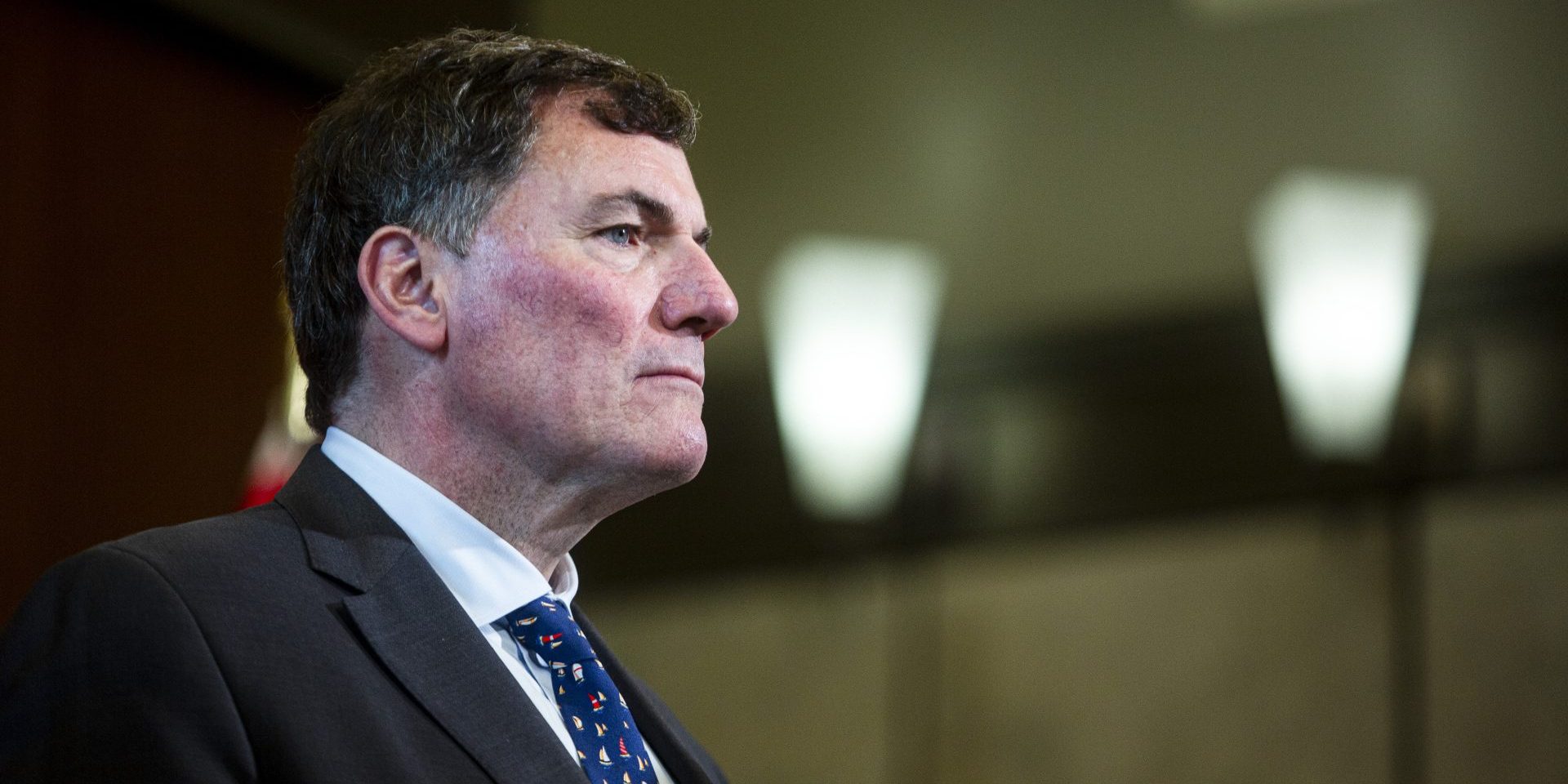Loophole Liberals making an ignominious power grab

OTTAWA—Canada, we got played. We thought we elected Gavin Newsom, but we really elected Stephen Harper.
On June 6, the Carney government introduced yet another controversial piece of legislation after the god-awful Bill C-2, the Strong Borders Act. Bill C-5, An Act to enact the Free Trade and Labour Mobility in Canada Act and the Building Canada Act, is just as bad. The bill contains two parts: An Act to Promote Free Trade and Labour Mobility in Canada, which aims to remove some interprovincial barriers to trade; and the Building Canada Act, which attempts to “enhance Canada’s prosperity, national security, economic security, national defence and national autonomy by ensuring that projects that are in the national interest.” It is the governor-in-council who will render the opinion of whether a project is in the national interest. The Liberal government wants approvals done quickly, and shovels in the ground in two years for most major projects.
This is deregulation in a time of economic uncertainty. I’m sure the markets and shareholders of these projects are jumping for joy as their man stomps on environmental regulations and Indigenous rights.
Legislatively, the bill calls for consultation with the authority of section 35 of the Constitution Act, 1982, which includes the duty to consult. Duty to consult recognizes First Nations, Inuit, and Métis peoples to protect Indigenous and treaty rights. Furthermore, the United Nations Declaration on the Rights of Indigenous Peoples (UNDRIP), which Canada endorsed, is one that Carney intends to respect, CBC News confirmed.
However, in Article 32, subsection 2, UNDRIP demands that states “obtain their free and informed consent prior to the approval of any project affecting their lands or territories and other resources, particularly in connection with the development, utilization or exploitation of mineral, water or other resources.” Bill C-5 references respecting UNDRIP, but only spells out a need to “consult,” not “free, prior, and informed consent,” which is a mechanism intended for Indigenous nations to have the power to shape decisions that affect their rights and livelihoods. The Supreme Court still hasn’t fully and clearly defined Indigenous rights, and section 35 does not require free, prior, and informed consent. Basically, the government can consult Indigenous groups, but they don’t have veto power, which UNDRIP moves closer to correcting. Please note that Section 35 is not a Charter right.
Loopholes gonna loop, especially when cabinet—as laid out in Section 6 of the Building Canada Act—can proclaim every “determination and finding that has to be made and every opinion that has to be formed in order for an authorization to be granted in respect of a national interest project is deemed to be made or formed.” The government can determine that any study or assessment is a waste of time and ram through the project, regardless, “in favour of permitting the project to be carried out in whole or in part.” This condition is frighteningly anti-science, and allows the Liberals to choose projects with more nefarious incentives to be approved without scrutiny.
What an ignominious power grab, which is legislatively parallel to the power of American executive orders, especially from a man who used to be the UN special envoy on climate action and finance. Prime Minister Mark Carney, who once called climate change “an existential threat,” has seemingly become indifferent. Climate change continues to be a critical issue; the negative externalities in terms of environmental destruction have been studied and published year after year. This is particularly true for the last few years, which have seen a series of treacherous wildfires resulting in a haze that can regularly be seen in Ottawa. The impact falls disproportionately on Indigenous Peoples. They are 30 per cent more likely to be affected by wildfires. As The Narwhal reports, “the percentage of people at risk in on-reserve First Nations communities is nearly three times higher, with 32.1 per cent of this population facing looming dangers as the climate crisis exacerbates natural disasters.” One could conclude that Bill C-5 represents a threat to Indigenous livelihood. This is environmental racism, which this current government has no problem with committing since it can steamroll any study or assessment that proves as much.
National safety and sovereignty will be the excuse for a lot of Carney’s upcoming state overreach excesses, and, unfortunately, we don’t have the Conservatives to oppose this bill as their function is to scrutinize government legislation. They’re becoming like the Democrats—no grit and no steel. We must fend for ourselves, Canada, since we would’ve gotten screwed either way. What does that say about our political system?
Erica Ifill is a co-host of the Bad+Bitchy podcast.
The Hill Times






 LICENSING
LICENSING PODCAST
PODCAST ALERTS
ALERTS


